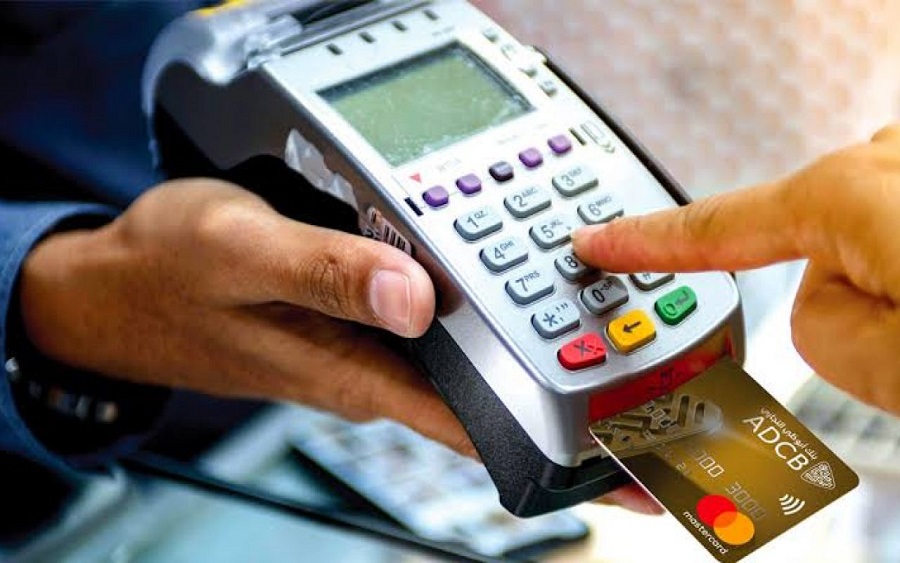The current accounts held by bank customers have dropped by 4.5 million as at the end of 2019. This was disclosed by Nigerian Inter-Bank Settlement System (NIBSS) in its latest industry statistics data.
The NIBSS’ Data stated that the number of current accounts held by bank customers dropped from 29.8 million in November 2019 to 25.3 million in December 2019. It also added that Point of Sale (PoS) transactions hit N373 billion within same period.
Meanwhile, bank customers have attributed the decline to the rigid procedures of commercial banks and charges made on the accounts.
Also commenting on the decline, a banker, who claimed anonymous said, “There are various categories of customers who can own a current account. But basically we have the individual and business (corporate or commercial) customers.
“Current account helps businessmen to make a direct payment to their creditors by issuing cheques, demand-drafts or pay-orders. It also enables a bank to collect money on behalf of its customers and credits the same in their customers’ current accounts.
“The reason bank customers are abandoning their bank accounts is due to the Commission on Turnover (CoT) and other outrageous charges on transactions they perform.”
According to the Central Bank of Nigeria’s (CBN) Guide to Bank Charges, 2017, a bank customer operating a current account will pay N1 (N1,000) per mille as an account maintenance fee. However, in the apex bank’s newly Revised Guide to Bank Charges December 2019, current account maintenance charges were removed.
The guideline stated, ”Current Account Maintenance Fee (CAMF): Applicable to current accounts only in respect of customer-induced debit transactions to third parties and debit transfers/lodgments to the customer’s account in another bank is negotiable subject to a maximum of N1 per mille.”
(READ MORE: CBN to increase BVN linked bank accounts by 60 million)
Details of report: NIBSS stated that commercial banks had opened a total of 124.84 million bank accounts with 95.81 million of them being savings accounts and 25.28 million being current. The total number of active bank accounts stood at 79.28 million.
The NIBSS data also showed that a total of 1.15 billion instant payment deals were conducted on the platform from January to December this year.
The volume of NIP deals also increased by 57% in the 12-month period of 2019, compared with 729.44 million transactions recorded in the corresponding period in 2018.
Further analysis indicated that the NIP deals had a 31% improvement in terms of the value of transaction when compared to the same period in 2018.
Checks showed that December 2019 had the highest instant payments in value and volume within the period under review.
The NIP volume hit 126.56 million in December, amounting to transactions valued at N10.73 trillion.
The increase in the total number of accounts, savings accounts and the total number of active accounts can be attributed to various financial inclusion and education innovations and programs carried out by various industry stakeholders that have gained traction in the past year.
[READ ALSO: mCash transactions hit N88.56 billion one year after re-launch – NBS)
On the other hand, the value of Point of Sale (PoS) transactions hit N372.68 billion with a total of 46.16 million transactions carried out in December 2019. When compared with the N303. 82 billion worth of transactions done in November 2019, the value of PoS transactions increased by N68.85 billion.
In all, despite the recent policies of the Federal Government around taxes/stamp duty charges on PoS transactions as recently published on Nairametrics, technology seems to have won and aided the charge of the Nigerian government towards a cashless economy with the increase in volume and value of PoS transactions.
